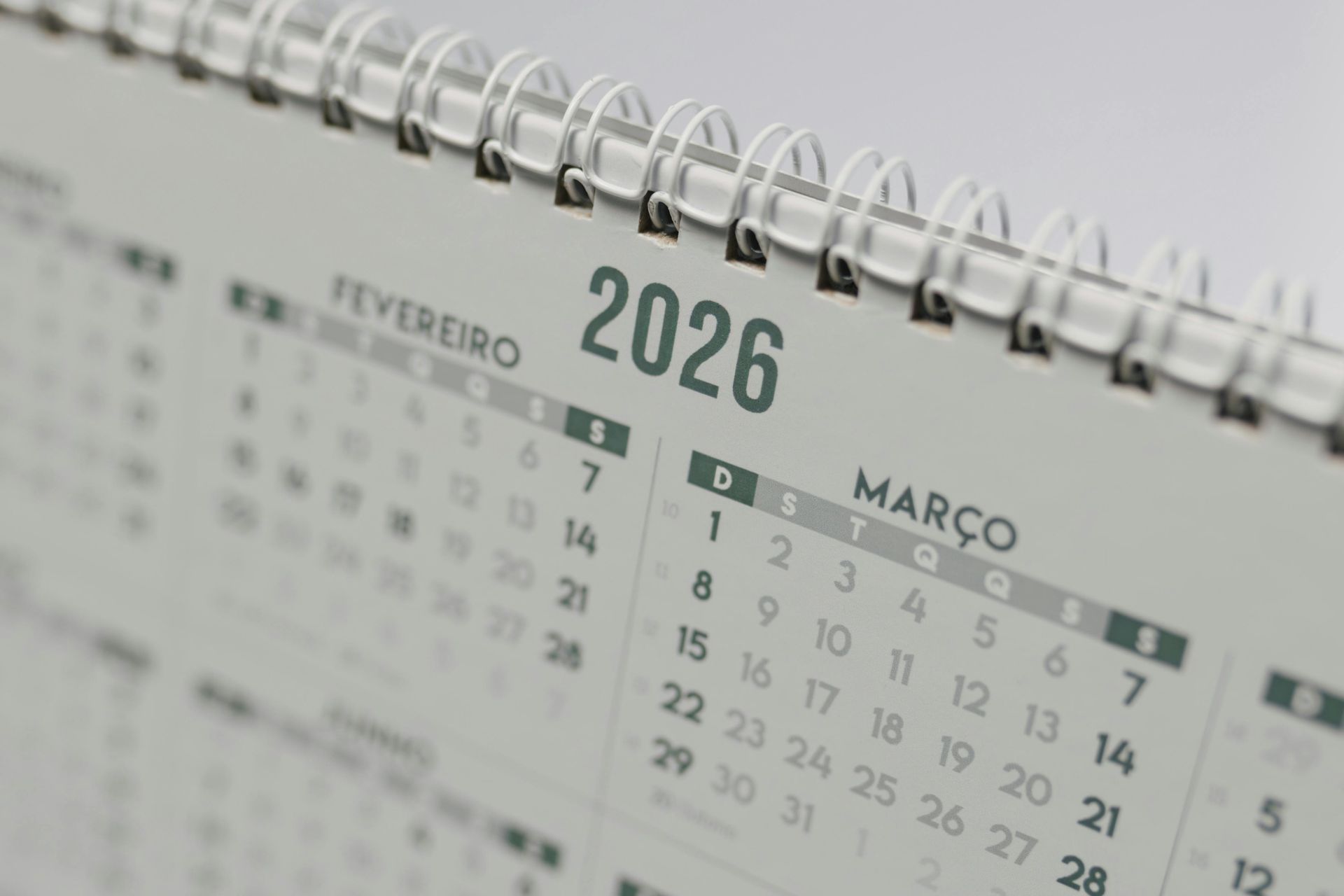Ace Your Job Interview: Essential Tips for Making a Memorable Impression
Ace Your Job Interview: Essential Tips for Making a Memorable Impression
Congratulations on landing a job interview! Now that you're one step closer to your dream role, it's crucial to prepare effectively to ensure you make a lasting impression. In this guide, we'll walk you through key strategies to help you shine during your interview.
1. Craft Strong Responses to Common Questions
Preparation is key to delivering impressive answers:
- Understand the Company: Invest time in researching the company’s mission, values, and work culture. Look up reviews to gain insight into the company’s reputation and work environment. This will help you align your responses with what the company values.
- Prepare Your Introduction: Be ready to answer the classic question, "Tell me about yourself and why you’re interested in this role." Use this opportunity to succinctly present your background and highlight how your skills align with the job.
- Analyze the Job Description: Review the job listing carefully. Highlight the skills and qualifications the employer is seeking. Prepare examples from your previous experiences that demonstrate how you meet these requirements. Using the STAR method (Situation, Task, Action, Result) can help structure your responses effectively.
- Practice Out Loud: Rehearse your answers to common questions aloud. This can boost your confidence and help you refine your responses. You might consider practicing with a friend and asking for their feedback.
2. Ask Insightful Questions
An interview is a two-way conversation. Asking thoughtful questions shows your genuine interest in the role and the company:
- Daily Responsibilities: "Can you describe a typical day in this role?"
- Success Traits: "What qualities or skills do you think are essential for success in this position?"
- Performance Metrics: "How will my performance be evaluated, and how frequently?"
- Team Dynamics: "Which departments does this team interact with regularly, and how do they collaborate?"
- Current Challenges: "What are the biggest challenges currently facing your team or department?"
3. Make a Strong First Impression
Your initial impression can set the tone for the entire interview:
- Dress Appropriately: Dress in a manner that reflects the company’s culture. If unsure, research the company's dress code or ask the recruiter.
- Attention to Detail: Ensure your attire is clean and professional. Pay attention to small details like polished shoes, clean nails, and a lint-free outfit.
- Plan Ahead: Arrive 10 to 15 minutes early. Familiarize yourself with the route and have a backup plan for potential delays. Use any extra time to observe the company environment and get a feel for the workplace.
4. Bring the Right Materials
Be prepared with essential items:
- Multiple Copies of Your Resume: Bring at least five copies of your resume. Highlight relevant accomplishments to discuss during the interview.
- Pen and Notebook: Use a pen and a small notebook to jot down important information. Avoid using electronic devices for note-taking to maintain a personal touch.
- Prepared Questions: Have a written list of questions you plan to ask the interviewers.
- Professional Bag: Use a professional, well-organized bag to carry your documents and other materials.
5. Demonstrate Good Manners and Positive Body Language
Your non-verbal cues can significantly impact how you’re perceived:
- Confident Body Language: Smile, maintain eye contact, and sit or stand with good posture. Deep breathing before the interview can help manage anxiety.
- Respect Everyone: Treat everyone you encounter with courtesy, from the receptionist to security personnel. You never know who might provide feedback on your demeanor.
- Handshake: Offer a firm, confident handshake. Stand up, make eye contact, and smile as you shake hands.
- Thank-You Notes: Send personalized thank-you notes to each interviewer. If you’ve received business cards, use them to send separate thank-you emails. Tailor each message based on your conversation.
6. Be Authentic and Engaging
Your genuine personality and enthusiasm can set you apart:
- Be Honest: Provide truthful answers and back them up with examples of your achievements. If you need a moment to think, don’t hesitate to take a brief pause.
- Stay Concise: Keep your answers focused and relevant. Avoid rambling, and let the interviewer guide the discussion.
- Maintain Positivity: Avoid speaking negatively about previous employers or colleagues. Emphasize what you’ve learned from past experiences and focus on your future goals.
By following these tips, you’ll be well-prepared to make a positive and memorable impression during your job interview.
Good luck!




